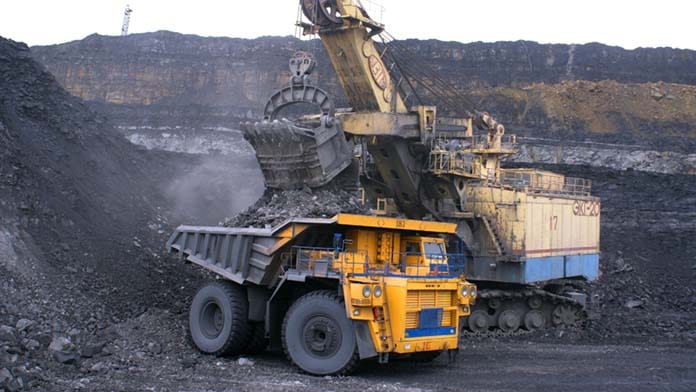A major left-wing union, the CFMMEU, is in turmoil, with one of its divisions wanting to take advantage of a new Liberal law that allows unions to reverse the process of mergers begun by Labor and the ACTU in the early 1990s.
In early March, one of the M’s in the union – Mining – held a conference in Cessnock, NSW, where 327 delegates voted to leave the CFMMEU. This will not be a quick process, with the full membership yet to be balloted and the rest of the CFMMEU floating a legal challenge.
At a time when workers are losing jobs, those in jobs are getting no pay rises and conditions are being attacked by bosses, you would think left-wing unions might be wanting to do more for their membership than toy with “demerger” as a solution to their problems.
However, the mining division’s delegates, at the behest of their divisional national secretary, Tony Maher, voted unanimously for this course.
The ostensible reason for leaving the union is the power struggle inside the CFMMEU which erupted in 2019-20. The construction division has taken an intense dislike to the former forestry division head, Michael O’Connor, who was until recently national secretary.
Some of the reasons for this are historic and some relate to the current jousting between Labor leader Anthony Albanese and Victorian construction division secretary John Setka over the latter’s court appearance on domestic violence charges.
The Labor government and the ACTU encouraged union mergers in the early 1990s, a process that suited most officials. Merger compensated for falling membership, created bureaucratic career paths for officials and made it more difficult for the rank-and-file to exercise democratic rights.
The merger that created the original CFMEU in the early 1990s (Maritime joined in 2018) was no exception. National secretary of the CFMMEU mega-union is a nominal position and rotates between each division.
The CFMMEU effectively operates as five silos – the C for Construction division, the F for Forestry, the M for Maritime, the M for Mining and E for Energy – with little interference by one silo leadership in the affairs of the others.
Climate fault lines
This changed in 2019 with the emergence of the climate strike movement and the tensions created by the union taking a position on coal in the federal election in May that year.
The election exposed the fault-lines inside the Labor Party and the unions over Adani and coal mining in general. Fossil fuels must be phased out rapidly or the planet dies. Yet fossil fuels are a huge 23 per cent part of the profits of Australian capitalism.
Labor wants to run the system so it ends up accommodating to fossil fuels. But Labor also wants the votes of people who want action on climate change. It wants to be all things to all people.
The union directly concerned with the extraction of fossil fuels is even more wedded to them than Labor. The Queensland mining division’s support for the Adani mine during the 2019 election helped the Coalition retain seats in Queensland and government.
Meanwhile the NSW maritime (MUA) and construction divisions supported the September 2019 climate strike in Sydney.
Yet Hunter Workers (formerly Newcastle Trades Hall), which had endorsed a climate strike in March 2019, refused to endorse the September protest because of objections by the mining division.
While the CFMMEU is a significant Left faction union within the ALP, and coal miners’ unions were run by Left Labor and Communist Party officials from the 1930s until the 1970s, the division over fossil fuels has become the major fault-line in the mega-union.
In principle, socialists are not opposed to members choosing to demerge from a larger union. However, this specific demerger is a right-wing break over how to respond to climate change.
Demerger allows the mining leadership to score cheap points to boost their standing with their members rather than leading any kind of fight against job losses and for a just transition.
Meanwhile, coal mining jobs are already declining and employers are increasingly seeking to use casual and labour-hire.
The rest of the union has done little to give confidence to miners that it will stand with them to demand well-paid, union jobs in a 100 per cent publicly owned system of renewable energy.
That’s why the fighting rhetoric from new CFMMEU national secretary Christy Cain, urging the miners to reject demerger, cut no ice.
Cain argued that miners would be stronger in a bigger union that could deliver solidarity. Yet there is, tragically, no history of militant solidarity between the divisions of the CFMMEU.
A union’s size does not in any case guarantee solidarity, as the failure of the United Workers Union to mobilise its membership in support of the locked-out Smeaton Grange warehouse workers has shown.
When the union movement does deliver solidarity – as it did for Cain’s MUA in 1998 – it is often despite formal membership structures, such as truck drivers respecting picket lines.
Miners should vote against this demerger. The mining leadership is taking them down a dead-end road of support for fossil fuels with no strategy to fight for jobs and to resist the bosses’ relentless push to drive down conditions.
By Tom Orsag, CFMMEU member






